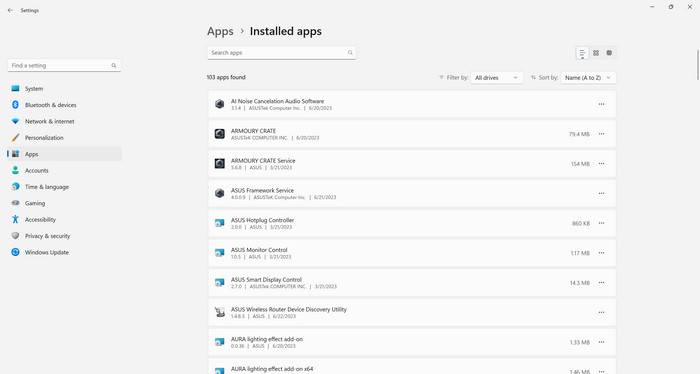When it comes to protecting your computer from malware and other security threats, McAfee is a well-known name in the industry. One of the products offered by McAfee is Security Scan Plus, a free tool that claims to scan your computer for viruses and other potential risks. However, many users are unsure about whether they should keep this software installed or uninstall it. In this article, we will explore what McAfee Security Scan Plus is, how it works, and whether it is worth keeping on your computer.

What is McAfee Security Scan Plus?
McAfee Security Scan Plus is a free software offered by McAfee that aims to provide basic protection for your computer. It is often bundled with other software installations, which means that you may have unknowingly installed it alongside another program. Once installed, it runs periodic scans on your computer to check for viruses, malware, and other potential security risks.
Security Scan Plus is designed to be a lightweight tool that does not consume too many system resources. It focuses on scanning critical areas of your computer, such as the operating system files and commonly targeted locations for malware infections. The scans are relatively quick and provide a basic level of protection.
How Does McAfee Security Scan Plus Work?
McAfee Security Scan Plus works by using a signature-based scanning method. This means that it compares the files on your computer to a database of known malware signatures. If it finds a match, it flags the file as potentially malicious and alerts you to take action.
However, it is important to note that McAfee Security Scan Plus does not provide real-time protection. This means that it does not actively monitor your computer for new threats or prevent them from infecting your system. Instead, it relies on periodic scans to detect and remove any existing threats.
Should I Uninstall McAfee Security Scan Plus?
While McAfee Security Scan Plus may seem like a useful tool, there are a few reasons why you might consider uninstalling it:
- Limited Protection: As mentioned earlier, McAfee Security Scan Plus only provides basic protection through periodic scans. It does not offer real-time protection, which is crucial for detecting and preventing new threats.
- Resource Usage: Although Security Scan Plus is designed to be lightweight, it still consumes system resources while running scans. If you have limited system resources or notice a decrease in performance, uninstalling it may help improve your computer’s speed.
- Unwanted Bundling: McAfee Security Scan Plus is often bundled with other software installations, and users may not realize they have installed it. If you did not intentionally install it or do not find it useful, uninstalling it can help declutter your system.
It is worth noting that McAfee Security Scan Plus is not considered malware or a virus. It is a legitimate software offered by McAfee. However, if you decide to uninstall it, you can do so without worrying about any negative consequences.
Alternatives to McAfee Security Scan Plus
If you choose to uninstall McAfee Security Scan Plus, there are several alternatives available that offer more comprehensive protection:
- Malwarebytes Free: Malwarebytes is a popular anti-malware software that provides real-time protection against a wide range of threats. It offers both a free and premium version, with the free version providing basic protection.
- Windows Defender: If you are using a Windows operating system, Windows Defender is a built-in security solution that offers real-time protection against malware and other threats. It is constantly updated by Microsoft and does not require any additional installations.
- Avast Free Antivirus: Avast is another well-known antivirus software that offers a free version with real-time protection. It provides a range of features, including malware scanning, web protection, and email scanning.
These alternatives offer more comprehensive protection than McAfee Security Scan Plus and are trusted by millions of users worldwide.
Conclusion
McAfee Security Scan Plus is a free tool offered by McAfee that provides basic protection through periodic scans. While it is not considered malware, it has some limitations, such as the lack of real-time protection and potential resource usage. If you decide to uninstall it, there are several alternatives available, such as Malwarebytes Free, Windows Defender, and Avast Free Antivirus, that offer more comprehensive protection. Ultimately, the choice of whether to keep or uninstall McAfee Security Scan Plus depends on your specific needs and preferences for computer security.

